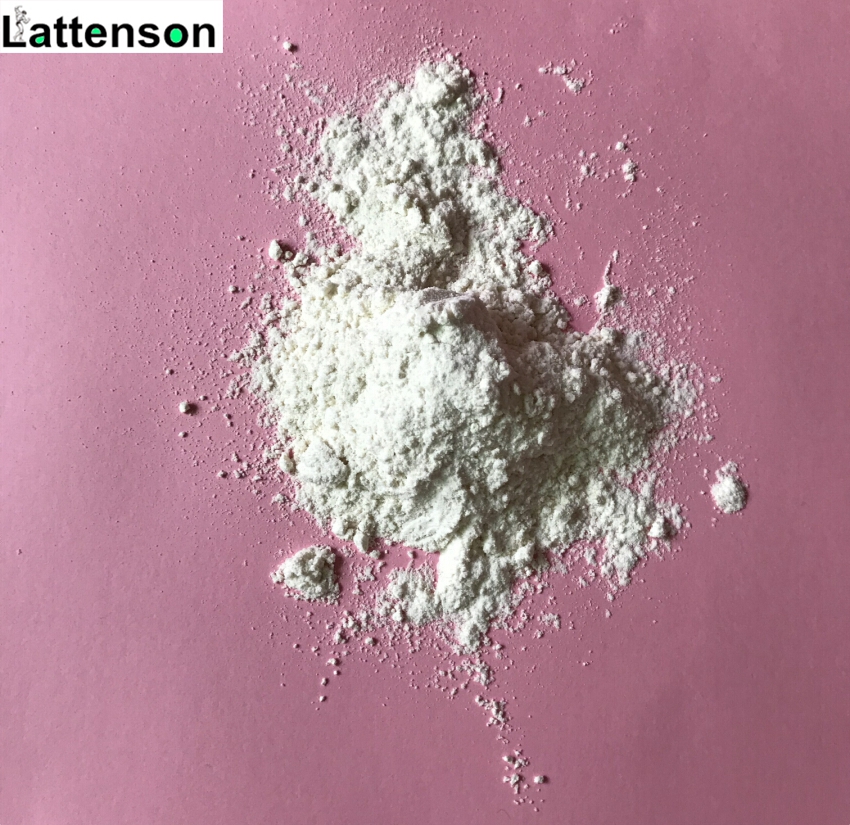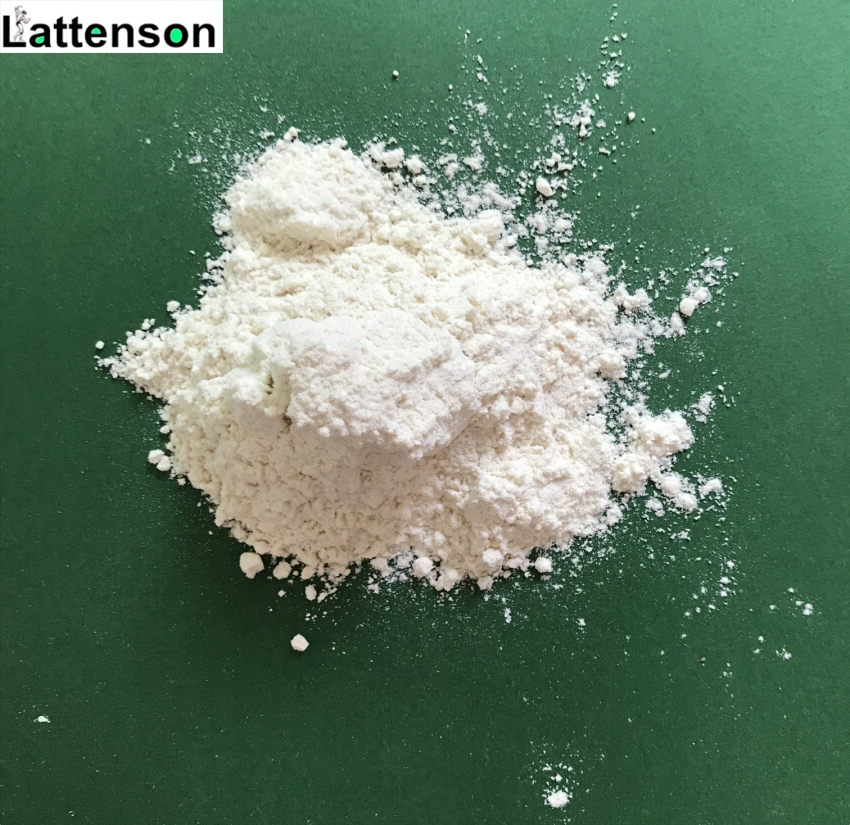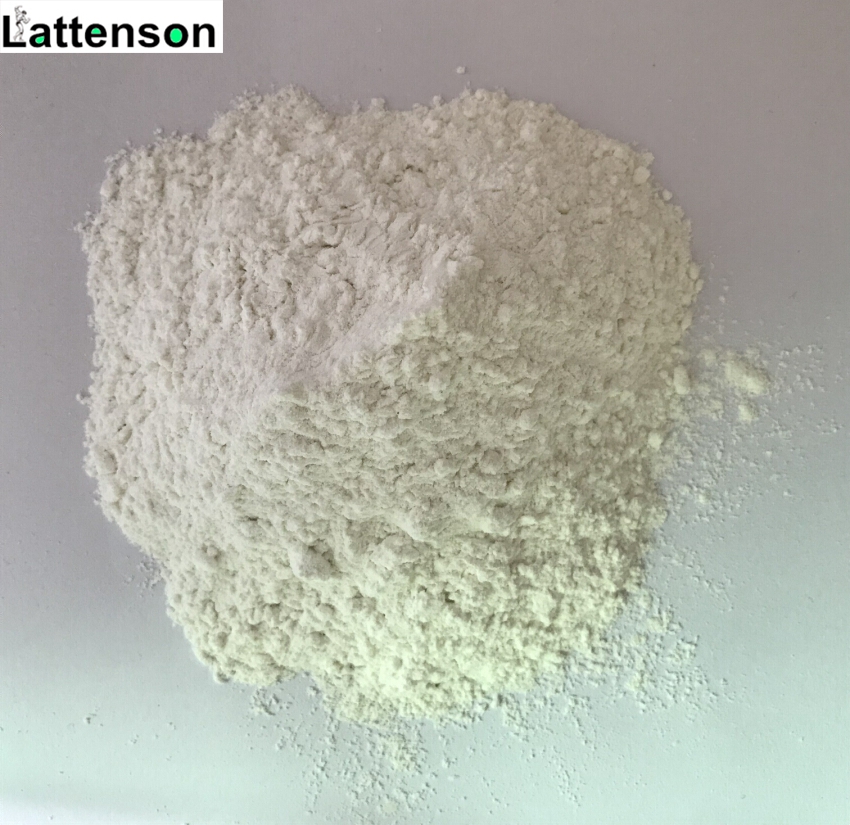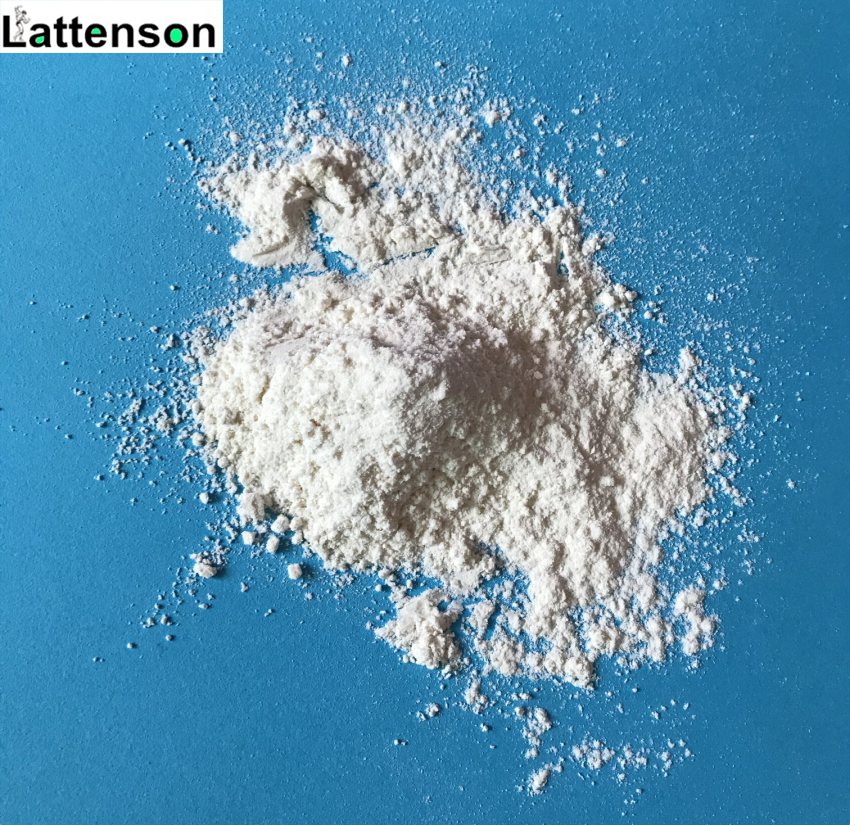Lidocaine CAS 137-58-6 Base crue de lidocaïne de poudre de stéroïde de soins de santé de culturisme
Lidocaïne
CAS:137-58-6
MF:C14H22N2O
MW:234.34
EINECS:205-302-8
Synonymes:2-(Diéthylamino)-2′,6′-acetoxylidide;2-(diethylamino)-2’,6’-acetoxylidide ;2-(diethylamino)-n-(2,6-diméthylphényl)-acetamid ;2′,6′-Acetoxylidide, 2-(diethylamino)-;6’-acetoxylidide,2-(diethylamino)-2 ;Acétamide, 2-(diethylamino)-N-(2,6-diméthylphényl)-;Acétamide,2-(diethylamino)-N-(2,6-diméthylphényl)- ;a-Diethylamino-2,6-acetoxylidide
Propriétés
Point de fusion:66-69°C
Point d'ébullition:bp4 180-182°; bp2 159-160°
Point d'éclair:9??
température de stockage. Magasin à RT
solubilité éthanol: 4 mg/mL
former de la poudre
color White to slightly yellow
Water Solubility practically insoluble
Merck 14,5482
Stabilité:Stable. Incompatible avec les agents oxydants forts.
Abstrait
Lidocaine is a common local anesthetic and class-1b antiarrhythmic drug. La lidocaïne est utilisée par voie topique pour soulager les démangeaisons, brûlant, et la douleur des inflammations de la peau, injecté comme anesthésique dentaire, or used as a local anesthetic for minor surgery. It replaces procaine,being widely used in plastic and cosmetic operation in local infiltration anesthesia, the sodium channel inhibition of the nerve cell membrane to block nerve excitability and conduction.
C'est sur la liste des médicaments essentiels de l'Organisation mondiale de la santé, a list of the most important medications needed in a basic healthcare system
Applications
The efficacy profile of lidocaine as a local anesthetic is characterized by a rapid onset of action and intermediate duration of efficacy.Therefore,La lidocaïne convient à l'infiltration,block,and surface anesthesia.Longer-acting substances such as bupivacaine are sometimes given preference for subdural and epidural anesthesias;lidocaïne,though,a l'avantage d'un début d'action rapide.
Epinephrine vasoconstricts arteries,reducing bleeding and also delays the resorption of lidocaine,almost doubling the duration of anaesthesia.For surface anesthesia,several available formulations can be used e.g. pour endoscopie,before intubations,etc.Buffering the pH of lidocaine makes local freezing less painful.Lidocaine drops can be used on the eyes for short ophthalmic procedures.
Relative insensitivity to lidocaine is genetic.In hypokalemic sensory overstimulation,relative insensitivity to lidocaine has been described in people who also have attention deficit hyperactivity disorder.In dental anesthesia,a relative insensitivity to lidocaine can occur for anatomical reasons due to unexpected positions of nerves.Some people with Ehlers-Danlos syndrome are insensitive to lidocaine.
Indications and Usage
Lidocaine hydrochloride injection,USP is indicated for production of local or regional anesthesia by infiltration techniques such as percutaneous injection and intravenous regional anesthesia by peripheral nerve block techniques such as brachial plexus and intercostal and by central neural techniques such as lumbar and caudal epidural blocks,when the accepted procedures for these techniques as described in standard textbooks are observed.
certificat d'authenticité
| Articles |
Claims |
Résultats |
| Apparence |
Poudre cristalline blanche |
Passe |
| Content Wt. |
99.00%-101.00% |
99.72% |
| Identification |
Chlorure |
Positif |
| Tester un |
Positif |
| Point de fusion |
74-79C |
75.8-77.3C |
| apparence de la solution |
Clair et incolore |
Passe |
| L'eau |
5.5-7.0% |
5.8% |
| Acidité PH |
4.0-5.5 |
5.3 |
| Cendres sulfatées |
0.10% max |
0.06% |
| Métaux lourds |
5ppm max |
Passe |
| 2, 6-Diméthylaniline |
100ppm max |
Passe |
| Sulfate |
Meet the requirement |
Passe |
| Conclusion |
Qualifié |
Les usages
Lidocaïne, également connu sous le nom de xylocaïne et de lignocaïne, is a medication used to numb tissue in a specific area and to treat ventricular tachycardia.It can also be used for nerve blocks. Lidocaine mixed with a small amount of epinephrine is available to allow larger doses to be used as numbing and to make it last longer.When used as an injectable it typically begins working within four minutes and lasts for half an hour to three hours. La lidocaïne peut également être appliquée directement sur la peau pour engourdir.
Usages médicaux
Le profil d'efficacité de la lidocaïne en tant qu'anesthésique local est caractérisé par un début rapide d'action et une durée intermédiaire d'efficacité. Par conséquent, La lidocaïne convient à l'infiltration, block, and surface anesthesia. Des substances à plus longue action telles que la bupivacaïne ont parfois une préférence pour les anesthésies sous-durales et péridurales; lidocaïne, though, a l'avantage d'un début d'action rapide. Épinéphrine (adrenaline) vasoconstricts arteries, reducing bleeding and also delays the resorption of lidocaine, doubler la durée de l'anesthésie. For surface anesthesia, several available formulations can be used for endoscopies, before intubations, etc. Buffering the pH of lidocaine makes local numbing less painful.[10] Les gouttes de lidocaïne peuvent être utilisées sur les yeux pour de courtes procédures ophtalmiques.






